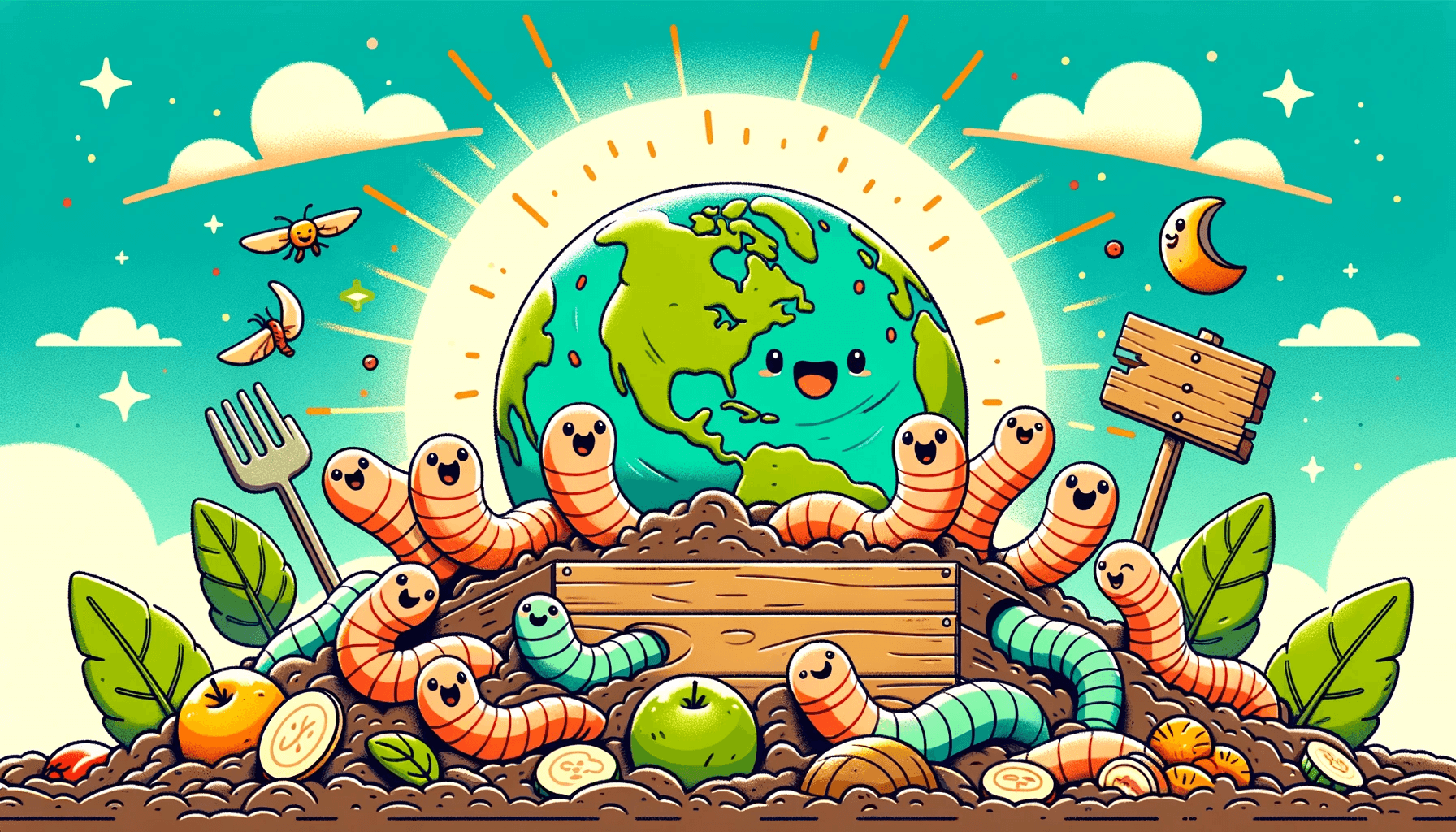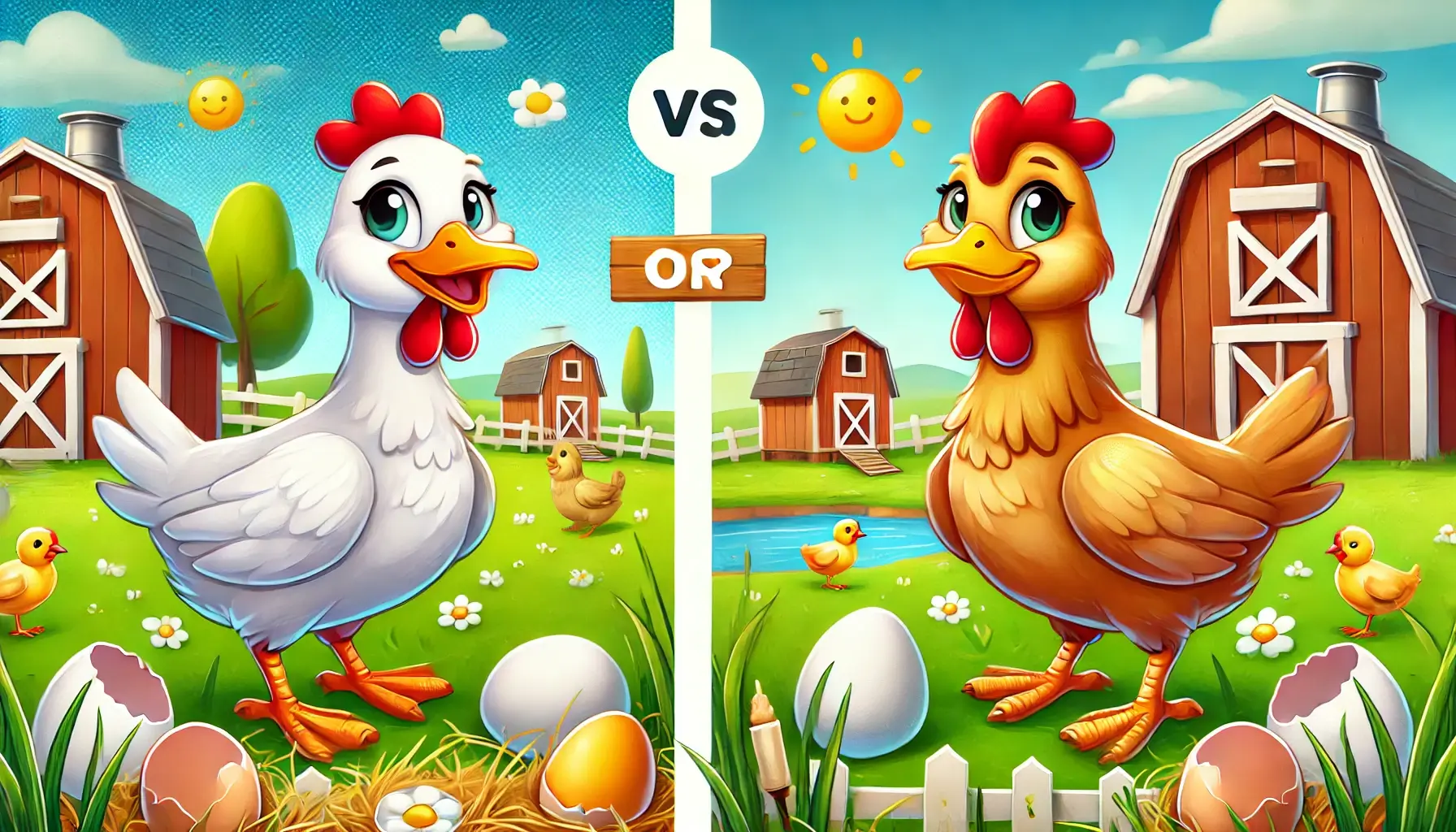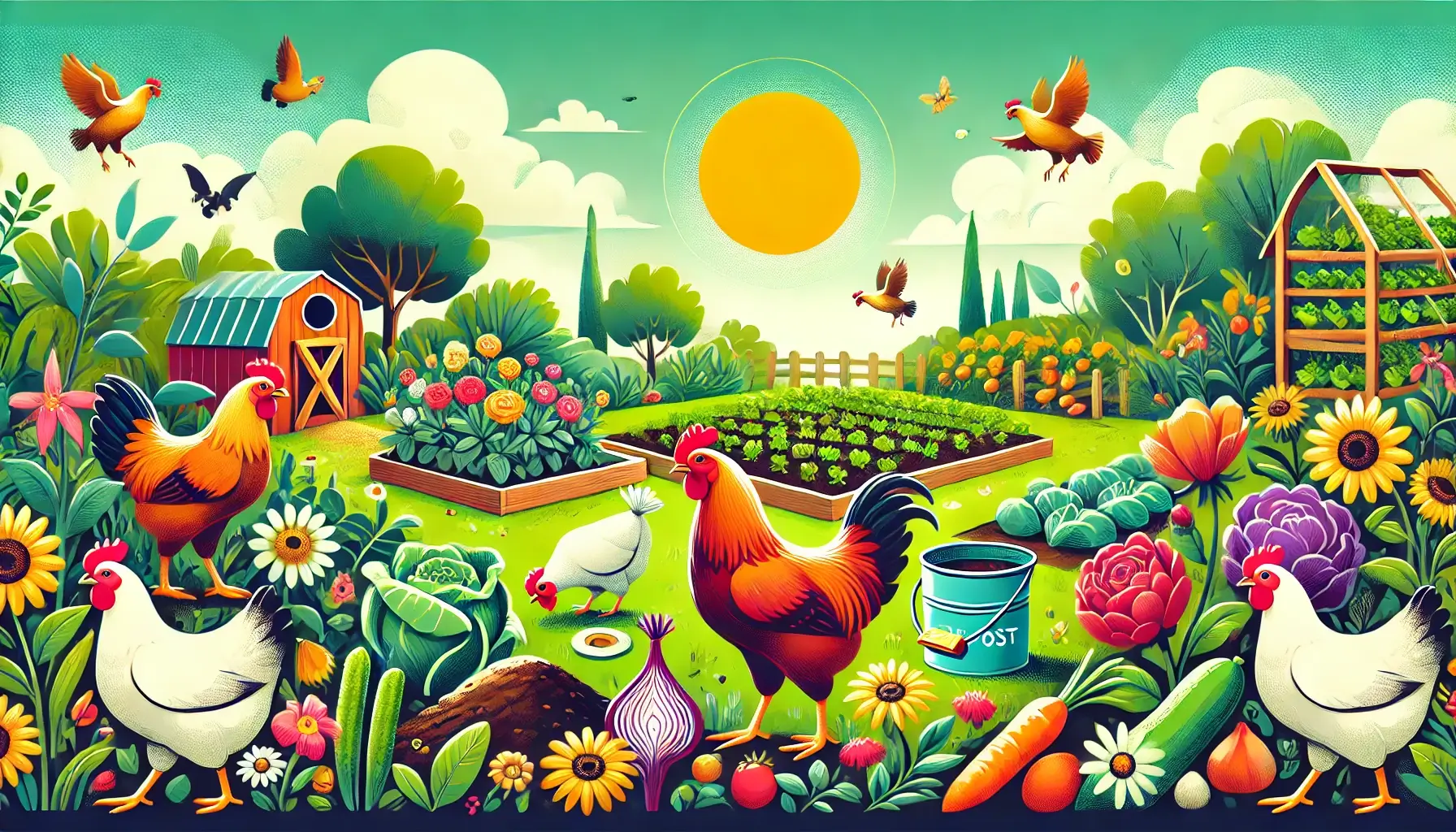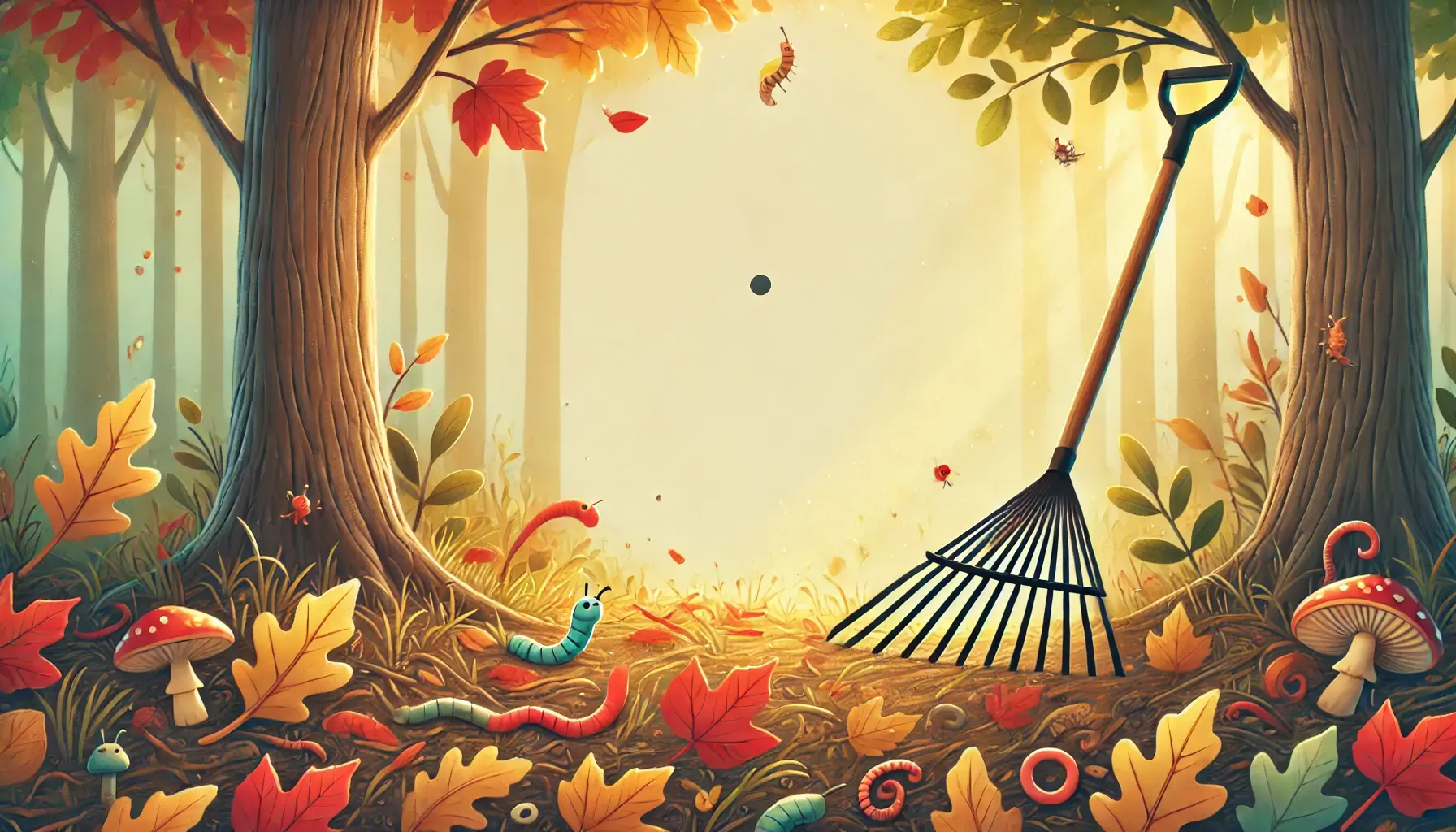Have you ever considered the underworld of your garden, where little wriggly allies are ready to turn your kitchen scraps into black gold? Yes, we’re talking about worms, nature’s very own garden helpers who are silently pleading, “Stop throwing those food scraps away, we’ll take care of ‘em!” So, let’s dive into the wiggly, squiggly world of worms and how these unsung heroes can keep your garden happy and thriving.
Fun facts
Before we delve into these wonders, lets cover some fun facts about our friends wiggly worms:
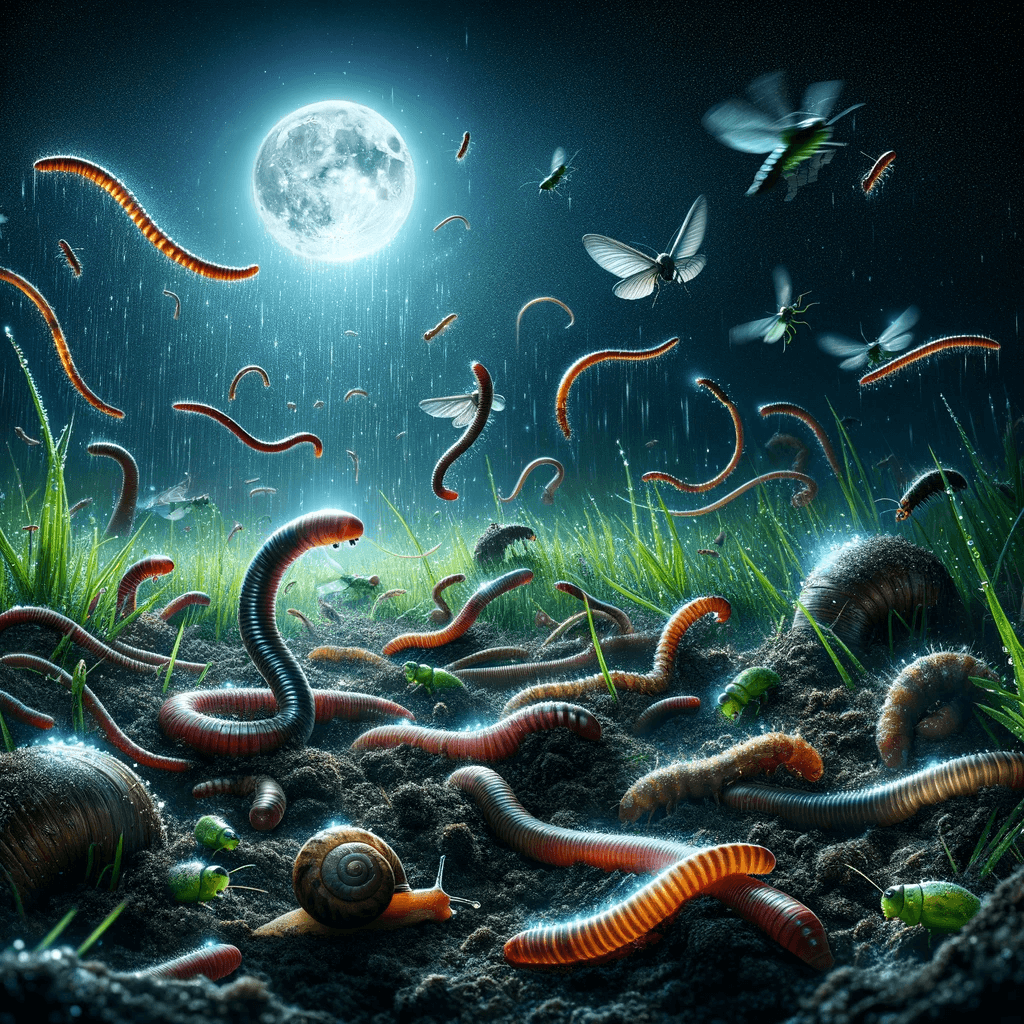
Sleepless wrigglers: Worms don’t have eyes, and they don’t have eyelids for some shut-eye either. In fact, they don’t sleep at all! They’re on a 24/7 shift, diligently working underground, making your garden soil nutrient-rich. So, the next time you’re pulling an all-nighter, remember you’re not alone – you’ve got buddies underground!
Herculean strength: If you’ve ever tried weightlifting at the gym and felt proud of lifting twice your bodyweight, here’s a humbling fact: earthworms can move objects that are 10 times their body weight! Talk about strength! If they had tiny gym memberships, they’d probably out-lift everyone.
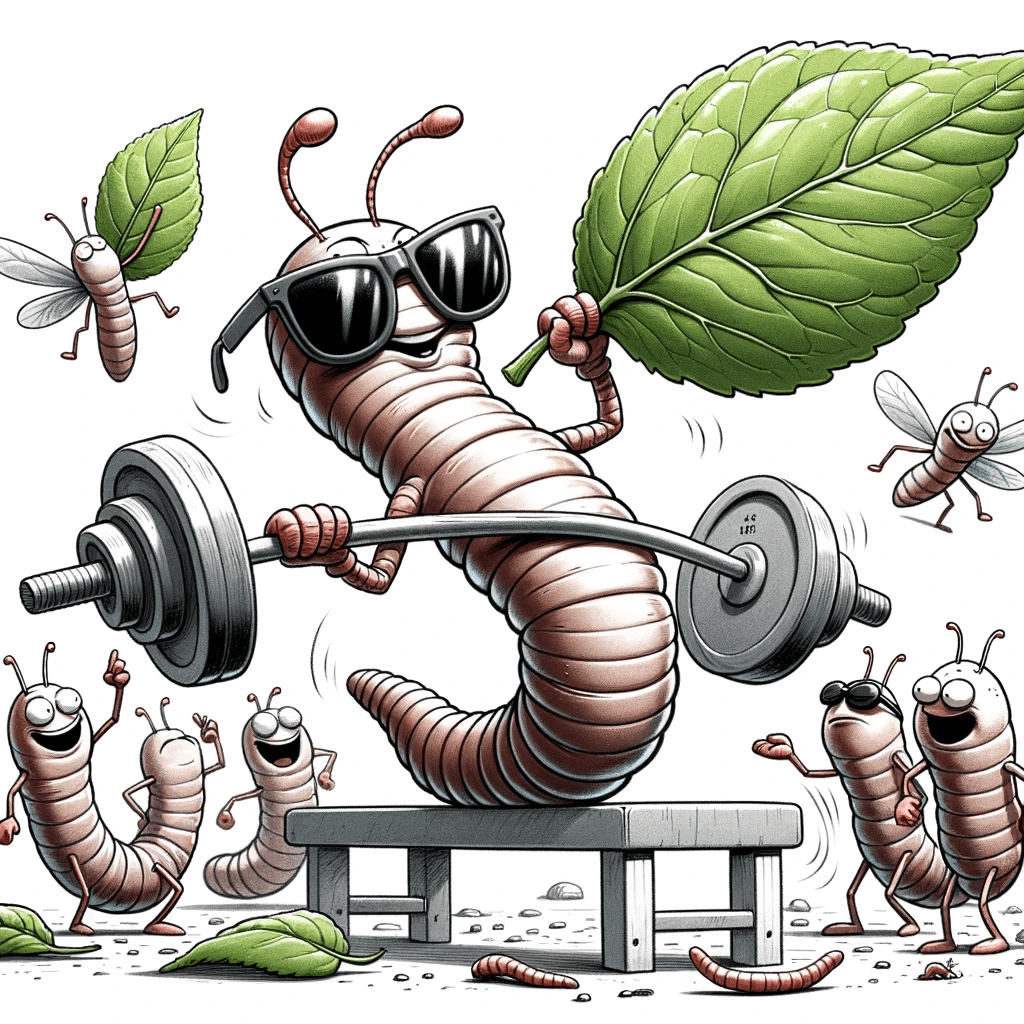

The great escape artists: Ever wonder why it’s tough to pull a worm straight out of the ground? It’s because they’re masters of escape! Worms can sense vibrations around them and swiftly contract their bodies to make a quick and slippery escape. So, when birds and other predators come knocking, they dash for safety, making them the Houdinis of the soil world.
Decomposition champions: Worms are like the unsung heroes of our ecosystem. They consume dead plants and other organic matter, turning what could be waste into valuable, nutrient-rich soil. In a single year, these mighty creatures can process and recycle 5 kilos or more of organic material. They’re basically the compost kings, turning ‘trash’ into treasure!
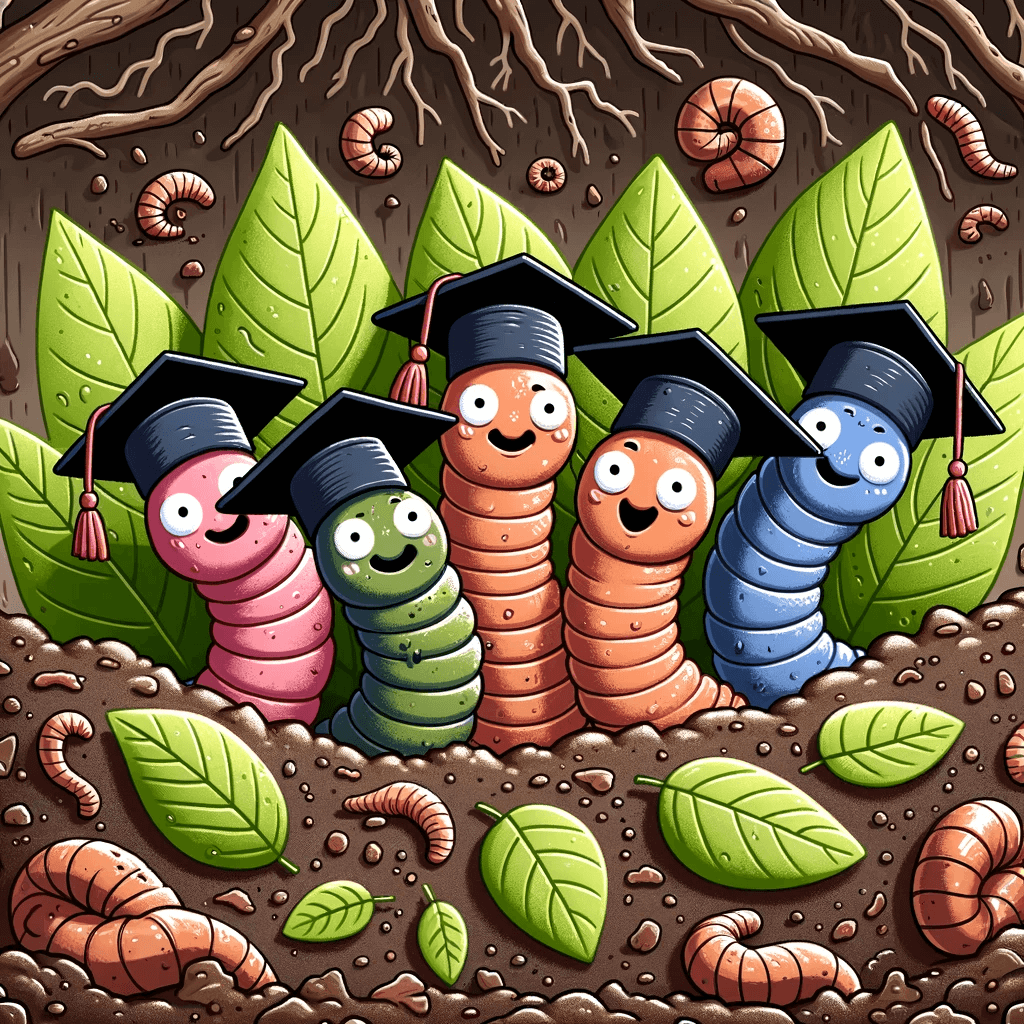
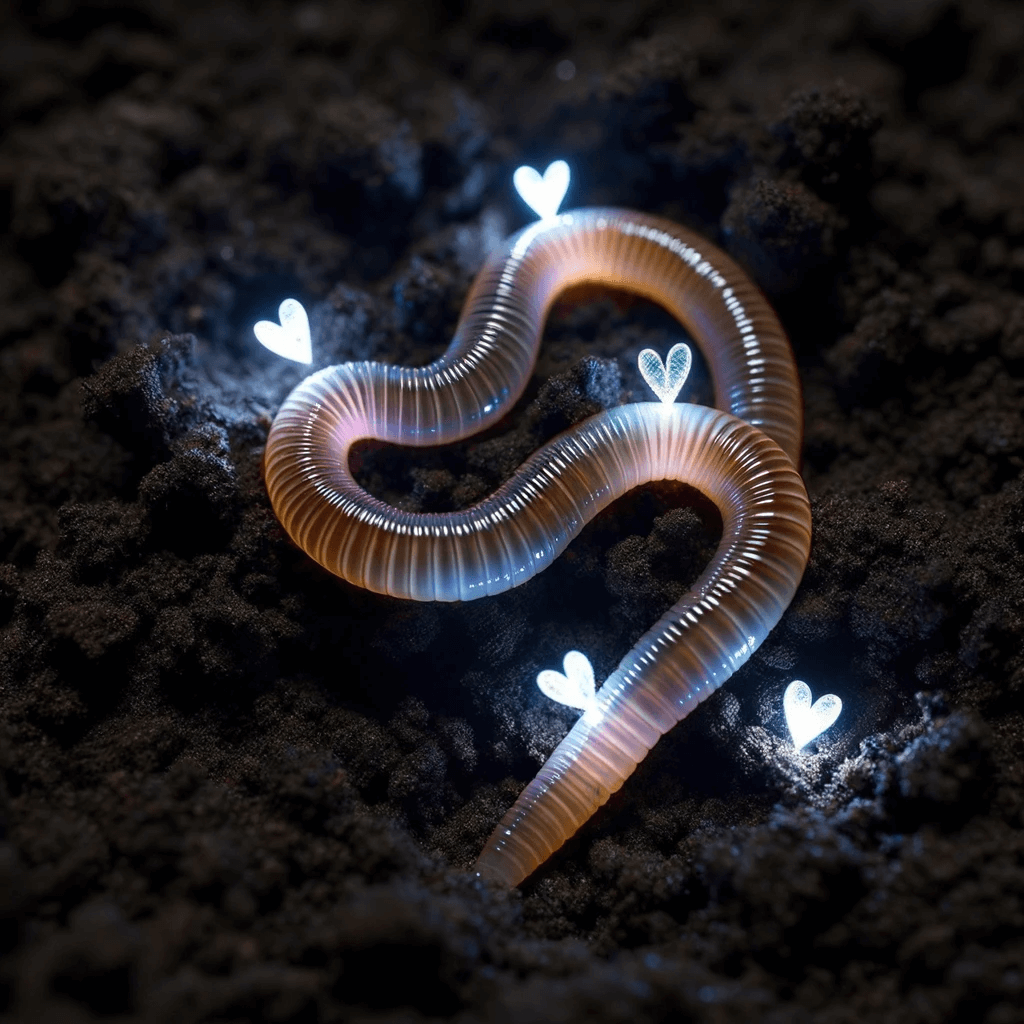
Two hearts are better than one: If worms were characters in romance novels, they’d be heartthrobs, literally. They don’t have just one heart; they have FIVE! While these aren’t full hearts as we think of them, these aortic arches function similarly, pumping blood throughout their long, slimy bodies. So, technically, they have five times the love to give to your garden.
These wiggly wonders are truly nature’s gift to gardening and the ecosystem at large. Next time you see a worm, give a silent “thank you” for all the unseen work they do to keep our earth healthy and thriving!
Who are these wiggly wonders?
Worms have been nature’s diligent farmers long before humans conceptualized agriculture. They’re basically the intestines of the earth, if you will. Living in the soil, these little guys consume bits of organic matter, digest them, and then…well, they poop. But here’s the kicker: their poop, more elegantly known as worm castings, is a high-grade fertilizer! Go figure, we spend a ton of money every year to feed our garden and pots, and these little guys do it for free, 24/7 365 days a year!
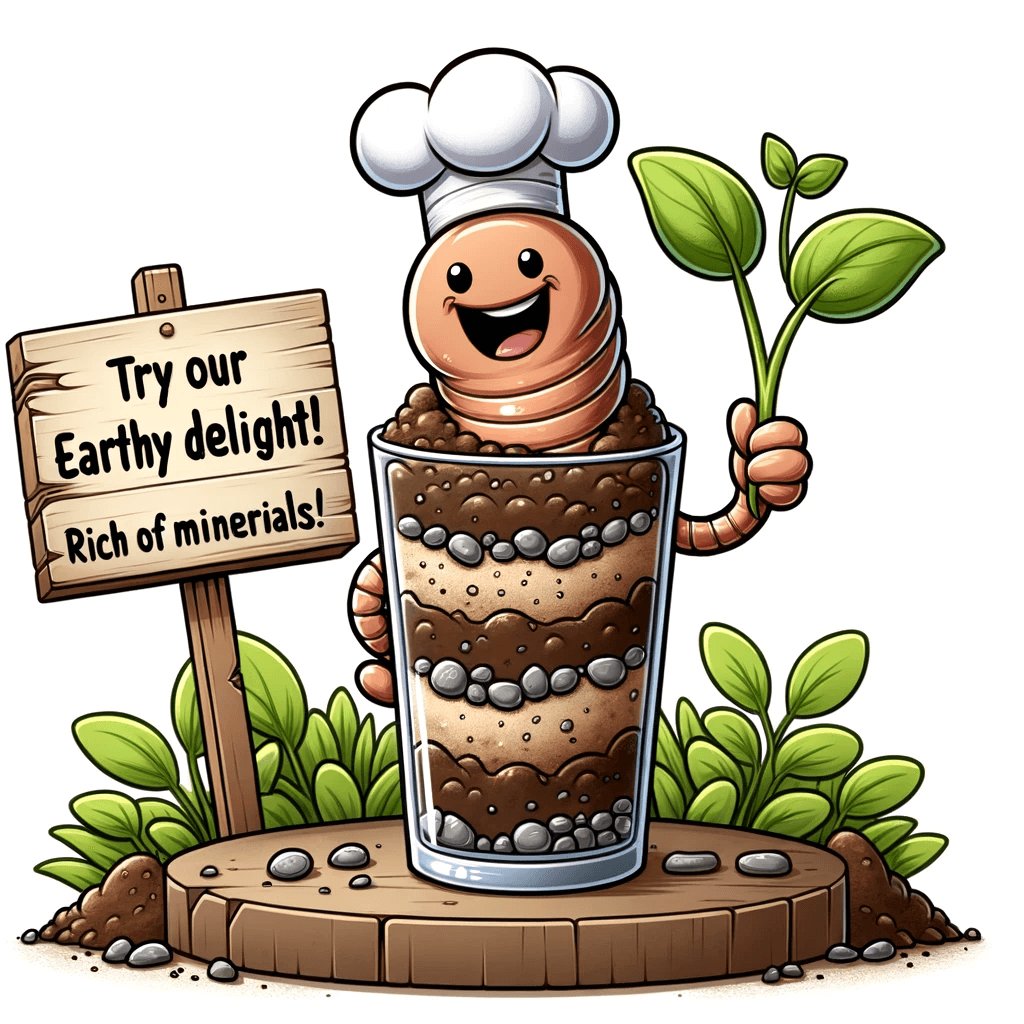
Now, what’s happening in the underground rave of worms? Picture this: a worm munches on your old banana peel, integrating all that decomposed goodness throughout its long, slimy body (kind of like a soil smoothie, if you’re into that). As it tunnels through the earth, it’s also aerating the soil, making sure your plants get plenty of oxygen. They’re like tiny plows, but instead of running on gasoline, they run on your leftover salad. Interested?
But the real magic happens when they excrete (yes, poop) nutrient-rich castings. These castings improve soil structure, water retention, and provide nutrients for plants. In essence, they throw a lifeline to your struggling herbs that have been sending “SOS” signals all this while.
Wondering how to invite these benevolent burrowers into your garden? You don’t need to set up a neon sign saying, “Free food and cozy soil here!” Just provide what they love: moisture, food (organic matter), and shelter. Start by leaving organic matter like leaves, dead plants, or compost on your garden beds – do not clean up your garden from leaves and dead plants in Autumn, leave them for the worms! Also, keep your soil moist and avoid using chemicals. These critters are organic purists!
Speaking of moisture, imagine you’re at a spa, and you slip into a mud bath. That’s exactly how worms like their soil: moist and luxurious. Dry, sandy soil? That’s like sunbathing in the desert without sunscreen for these little fellas. If you’re not big on daily soil hydration sessions, consider mulching. It retains moisture and keeps the “worm spa” in business.
Now, let’s talk about the holy grail: worm poop, a.k.a. castings. This stuff is the VIP treatment for your plants. It slowly releases nutrients that feed the plants and enriches the soil. It’s like if your multivitamins were gourmet meals, that’s what worm castings are for your plants.
“But wait,” you say, “I’m just a humble apartment dweller with no garden.” No worries, vermicomposting is your indoor alternative! This fancy term is just for having a worm bin where your kitchen scraps go. Instead of tossing your scraps in the trash, you feed them to your worm pals. They munch on them and produce those precious castings, leading to the question of the century: “Is it weird to be this excited about worm poop?” Not at all, my friend. Welcome to the club.
Alright, the finale we’ve all been waiting for: what if we had personal worm assistants? Imagine this: you peel potatoes over a bin full of eager worms, ready to turn your scraps into plant magic. You’re not just reducing waste; you’re part of a beautiful cycle of life!
Keeping worms is like hiring a tiny clean-up crew and fertilizer factory in one. You feed them, and they reward you with the crème de la crème of plant nourishment. They’re not just pets; they’re partners in your journey towards sustainability. And they don’t bark, scratch furniture, or need walking. The perfect companions!
In conclusion, worms are Mother Nature’s secret weapon for a thriving garden. They’re not only helping plants but are also champions of recycling, turning our waste into worth. So, the next time you’re about to throw those scraps away, just remember: one man’s trash is another worm’s treasure. Embrace the wiggly wonders, and here’s to happy, poop-boosted plants in your future gardens!
Remember, in the world of recycling and gardening, every little bit helps. Starting your worm farm could be your first step towards a greener, more sustainable lifestyle. After all, it’s about creating a space that celebrates life, growth, and the continuous cycle of nature. And maybe, just maybe, you’ll start seeing your wriggly friends in a whole new light.
Now let’s get down to a DIY project, a worm bin a.k.a vermicomposting! This is a very simple process, costs very little and takes no more than 10 minutes to build. Click here to view the project.

